Home>diy>Home Improvement>How To Estimate Home Value After Renovation


Home Improvement
How To Estimate Home Value After Renovation
Modified: October 20, 2024
Learn how to estimate the value of your home after completing a renovation project with our expert tips and advice. Enhance your home-improvement investments and make informed decisions.
(Many of the links in this article redirect to a specific reviewed product. Your purchase of these products through affiliate links helps to generate commission for Storables.com, at no extra cost. Learn more)
Introduction
Deciding to renovate your home is an exciting endeavor that can breathe new life into your living space and potentially increase its value. Whether you’re considering a small-scale renovation or a full-scale remodel, accurately estimating the value of your home after the renovations is crucial. Understanding how to estimate home value after renovation will not only give you a clearer picture of the return on your investment but also help you make informed decisions about the scope and scale of your renovation project.
Estimating home value after renovation involves analyzing various factors that can impact the overall market value of your property. While there are no foolproof formulas or guarantees, taking the following factors into consideration can help you make a more informed estimation:
Key Takeaways:
- Prioritize high-ROI renovations by comparing with similar properties, assessing scope, and consulting professionals. Consider market trends, quality, and energy efficiency to estimate home value accurately.
- Keep organized records of renovations, permits, and receipts to streamline the sales process and instill confidence in potential buyers. Balance aesthetics and financial considerations for a valuable home.
Factors to Consider when Estimating Home Value after Renovation
Estimating the value of your home after renovation requires careful consideration of several factors. By taking these factors into account, you can get a better idea of the potential value increase and make informed decisions about your home improvement project. Here are the key factors to consider:
- Compare with Similar Properties: Start by researching the sale prices of similar homes in your neighborhood that have undergone similar renovations. This will give you a benchmark for estimating your home’s potential value increase.
- Assess the Scope of Renovations: The scale and extent of your renovations will impact the value increase. Major renovations, such as adding an extra room or updating the kitchen, tend to have a greater impact on home value than cosmetic improvements.
- Consult Appraisal or Real Estate Professionals: Seeking advice from professionals can provide valuable insights into the potential value increase. Appraisers and real estate agents have expertise in evaluating market trends and determining the impact of renovations on home value.
- Research Market Trends and Demographics: Understand the current real estate market trends in your area and consider the demographics of potential buyers. Knowing what buyers are looking for in terms of amenities and features can help you prioritize your renovations and estimate the potential value increase.
- Evaluate the Quality of Improvements: The quality of the renovations can greatly affect the perceived value of your home. Opt for high-quality materials and finishes that are in line with the expectations of your target market.
- Take Note of Neighborhood Development: Consider any ongoing or upcoming neighborhood development projects that could positively impact the value of your home. These could include new schools, parks, or shopping centers.
- Consider Location and Accessibility: The location of your property and its proximity to amenities, transportation, and desirable neighborhoods can significantly impact its value after renovation.
- Analyze Energy Efficiency Upgrades: Energy-efficient upgrades, such as solar panels or insulated windows, not only appeal to environmentally conscious buyers but can also increase the value of your home.
- Determine Return on Investment (ROI): Assess the cost of the renovations and estimate the potential return on investment. Some renovations may have a higher ROI than others, helping you prioritize your improvements.
- Keep Track of Documentation and Receipts: Maintain organized records of all the renovations, including receipts and permits. This documentation will be important when it comes time to sell and appraise your home.
By considering these factors and conducting thorough research, you can make a more accurate estimate of your home’s value after renovation. However, it’s important to remember that many factors beyond your control, such as market fluctuations, can also influence the final value. It’s always a good idea to consult with professionals to get a more precise estimation.
Compare with Similar Properties
When estimating the value of your home after renovation, one of the essential factors to consider is comparing it with similar properties in your neighborhood. Analyzing the sale prices of comparable homes that have undergone similar renovations provides a valuable benchmark for estimating the potential value increase of your own property.
Start by identifying homes in your area that have similar characteristics such as size, number of bedrooms and bathrooms, and overall condition. Look for properties that have undergone renovations that are similar in scope and scale to the improvements you plan to make. This will give you a more accurate understanding of the value increase you can anticipate with your renovations.
Once you have identified potential comparable properties, research their sale prices. You can utilize online real estate databases or consult with a real estate agent who has access to local market data. Look for homes that were sold within the last six months to a year, as more recent sales will reflect the current market conditions.
When comparing with similar properties, it’s important to consider both the sold prices before and after renovations. This will help you determine the average percentage increase in value that can be attributed to the renovations. Keep in mind that this percentage increase may vary depending on various factors such as location, market demand, and the quality of renovations.
While comparing with similar properties can provide a rough estimate of the potential value increase, it’s crucial to consider the unique features and characteristics of your own property. Factors such as location, views, and specific amenities may differentiate your home from the comparables. Adjust your estimations accordingly to reflect these unique qualities.
Remember, comparing with similar properties is just one piece of the puzzle when estimating the value of your home after renovation. It’s essential to consider other factors such as the scope and quality of renovations, market trends, and expert opinions to refine your estimation further.
Assess the Scope of Renovations
When estimating the value of your home after renovation, it’s crucial to assess the scope of the renovations you plan to undertake. The extent of the renovations will have a significant impact on the potential increase in your home’s value.
Start by creating a detailed plan of the renovations you intend to make. Consider both the interior and exterior improvements you wish to implement. Interior renovations could include kitchen remodeling, bathroom upgrades, flooring replacement, or adding additional living space. Exterior renovations may involve landscaping, adding a deck or patio, or improving the curb appeal of the property.
Once you have a clear understanding of the renovations you plan to undertake, research the potential value increase each improvement can bring. This can be done by consulting real estate professionals, home appraisers, or remodeling experts who have experience in assessing the impact of specific renovations on home value.
In general, major renovations that enhance the functionality and appeal of your home tend to have a higher impact on its value. For example, a kitchen remodel with high-quality appliances, modern finishes, and ample storage can significantly increase your home’s value. Adding additional bedrooms or bathrooms can also make your property more attractive to potential buyers, thus increasing its worth.
However, it’s essential to consider the cost versus value ratio of each renovation. Some renovations may have a higher return on investment (ROI) compared to others. For instance, adding a swimming pool may not yield a substantial increase in value, as it may not appeal to all buyers and can be costly to maintain.
Moreover, consider the overall condition of your home. If your property is outdated or in need of significant repairs, focusing on essential maintenance and improvements, such as fixing the roof or updating electrical systems, could be a wise choice. Improving the structural integrity and safety of your home can enhance its value and attract more potential buyers.
Ultimately, understanding the scope of renovations and their potential impact on your home’s value is essential for estimating its worth after renovation. Carefully evaluate which renovations align with your goals and budget and have the potential to provide a substantial return on investment.
Consult Appraisal or Real Estate Professionals
When estimating the value of your home after renovation, seeking advice from appraisal or real estate professionals can provide valuable insights and expertise. These professionals have experience in evaluating market trends and determining the impact of renovations on home value.
An appraiser can provide an unbiased and objective assessment of your home’s value. They will consider various factors, including the renovations you plan to undertake, the current market conditions, and the characteristics of your property. Appraisers have access to extensive databases and knowledge of local market trends, allowing them to make informed estimations based on similar properties in your area.
Real estate professionals, such as agents or brokers, can also offer valuable guidance. They have firsthand knowledge of the local market and can provide insights into the preferences and demands of potential buyers. Real estate professionals can help you understand how renovations may impact your home’s marketability and value.
When consulting with appraisal or real estate professionals, be prepared to provide them with detailed information about your renovation plans. The more information they have, the more accurate their estimations will be. Share your renovation plans, budget, timeline, and any other relevant details. This will help them assess the potential impact on the overall value of your property.
Keep in mind that appraisers and real estate professionals may have differing opinions on the value increase from the renovations. It’s always beneficial to get multiple opinions to get a more comprehensive understanding. Reach out to different professionals and compare their evaluations to better gauge the potential value increase.
Professional advice can also help you avoid over-improving your home. In some cases, over-improvements may not yield a significant return on investment due to market conditions or the preferences of potential buyers in your area. Appraisal or real estate professionals can guide you on which renovations are likely to have the greatest impact on your home’s value and advise you on cost-effective improvements.
While consulting with professionals comes at a cost, their knowledge and experience can provide you with invaluable insights and increase your confidence in estimating your home’s value after renovation.
Research Market Trends and Demographics
When estimating the value of your home after renovation, it’s important to research and understand the current market trends and demographics in your area. These factors can greatly influence the demand for certain features and amenities, ultimately impacting the value of your property.
Start by researching the local real estate market. Look for recent sales data and analyze price trends in your neighborhood. Are home prices rising, stabilizing, or declining? This information will give you an idea of the overall market conditions and can help you estimate the potential value increase of your home after renovation.
Next, consider the demographics of potential buyers. Are young families, professionals, or retirees the target market in your area? Knowing the preferences and lifestyle of potential buyers can help you tailor your renovations to meet their needs and desires.
For example, if your area has a high proportion of young families, renovations that create additional living space, such as finishing a basement or adding a playroom, may be highly appealing. On the other hand, in an area popular among retirees, accessibility features and low-maintenance landscaping may be more valued.
It’s also valuable to research any upcoming developments or projects in your area. New schools, shopping centers, or recreational facilities can positively impact the value of your home. Being aware of these developments can help you estimate the potential value increase after renovation, as they may attract more buyers to your area.
Furthermore, consider any specific market demands or trends. Are there any features or amenities that are particularly sought after in your area? For instance, if eco-friendly living is a growing trend, investing in energy-efficient upgrades, such as solar panels or smart home technology, may increase the value of your home and attract environmentally-conscious buyers.
By staying up-to-date with market trends and demographics, you can make more informed decisions about which renovations to prioritize and estimate the potential value increase accordingly. Understanding the preferences and demands of prospective buyers will help ensure that your renovations align with market expectations and increase the marketability of your property.
Evaluate the Quality of Improvements
When estimating the value of your home after renovation, it’s crucial to evaluate the quality of the improvements you plan to make. The quality of the renovations can greatly influence the perceived value of your home and its attractiveness to potential buyers.
Investing in high-quality materials, finishes, and workmanship can significantly enhance the value of your property. Buyers are often willing to pay more for homes that showcase quality craftsmanship and attention to detail. On the other hand, cutting corners or using subpar materials may negatively impact the value and perception of your home.
Consider the durability and longevity of the materials you plan to use. Opt for materials that are known for their quality and have a good reputation. For example, choosing hardwood flooring instead of laminate or installing granite countertops instead of cheaper alternatives can have a positive impact on the value of your home.
Ensure that the renovations are done by skilled professionals or reputable contractors. Poor-quality or shoddy work can reduce the value of your home and raise concerns for potential buyers. If necessary, check references, portfolios, and reviews of contractors to ensure they have a track record of delivering high-quality work.
Keep in mind that the quality of improvements should align with the overall value of your home and the expectations of buyers in your area. Over-improving your home may not yield a proportional increase in value, as buyers may be unwilling to pay a premium for features that are deemed excessive or do not match the neighborhood’s standards.
Consider consulting with professionals or experts in the field to get input on the quality of renovations. Interior designers or architects can provide guidance on design choices and materials that are both appealing and of high quality. Their expertise can help ensure that your renovations are not only aesthetically pleasing but also add value to your home.
By evaluating the quality of your improvements, you can increase the perceived value of your home and make it more appealing to potential buyers. Investing in quality renovations can differentiate your property from others on the market and potentially lead to a higher selling price.
Research recent sales of similar renovated homes in your area to get an idea of the potential value. Look for homes with similar square footage, features, and upgrades.
Take Note of Neighborhood Development
When estimating the value of your home after renovation, it’s important to take note of any neighborhood development that may positively impact the value of your property. Neighborhood developments, such as new schools, parks, shopping centers, or infrastructure improvements, can significantly influence the desirability of your area and consequently increase the value of your home.
Keep an eye on any ongoing or planned neighborhood development projects. These projects can bring valuable amenities and improvements to the community, attracting more buyers and increasing demand for homes in the area.
For example, the construction of a new school nearby can be a major selling point for families with children. A new park or recreational facility can enhance the quality of life in the neighborhood and make your property more attractive to potential buyers. In addition, transportation improvements, such as new roads, public transit expansions, or proximity to major highways, can enhance the accessibility and convenience of your location, which can positively impact the value of your home.
Research local news sources, attend neighborhood meetings, or consult with local authorities to gather information on upcoming developments. This will help you estimate the potential value increase based on the anticipated improvements in your neighborhood.
It’s important to note that not all neighborhood developments may have a positive impact on the value of your home. Some developments, such as increased noise from nearby construction or unsightly infrastructure projects, may negatively impact the desirability of your area. Consider the nature and quality of the developments and how they align with the preferences of potential buyers.
While you have limited control over neighborhood developments, being aware of them helps you estimate the potential value increase of your home after renovation. Buyers are often willing to pay a premium for properties in areas that offer desirable amenities, conveniences, and a thriving community, so understanding the current and upcoming neighborhood developments can provide valuable insight into your home’s market value.
Consider Location and Accessibility
When estimating the value of your home after renovation, it’s essential to consider the location and accessibility of your property. These factors play a significant role in determining the value and desirability of a home.
The location of your property can have a substantial impact on its market value. Factors such as proximity to amenities, schools, workplaces, and transportation hubs can greatly influence the appeal of your home to potential buyers.
Consider the convenience of location. Is your home located in a desirable neighborhood or in close proximity to popular shopping centers, restaurants, and entertainment venues? Properties in highly sought-after locations often command higher prices.
Accessibility is another important consideration. Potential buyers typically value easy access to transportation options, major highways, and public transit. Properties that are conveniently located and well-connected tend to attract more buyers, which can increase the value of your home.
Additionally, the reputation and desirability of the city or town in which your home is located can impact its value. Is the area known for its good schools, low crime rates, or welcoming community? These positive attributes can increase the value of your home and make it more appealing to potential buyers.
It’s important to note that while you cannot change the location of your property, certain improvements can further enhance its value. For example, if your home is located in a desirable area but lacks curb appeal, investing in landscaping and exterior upgrades can significantly improve its marketability and value.
When estimating the value of your home after renovation, consider how the location and accessibility factors align with the preferences of potential buyers in your market. Understanding the demands and trends in your area will help you estimate the potential value increase and make informed decisions about your renovation project.
Ultimately, a well-located, easily accessible property tends to have higher market value, so taking these factors into consideration is essential when estimating the value of your home after renovation.
Read more: Maximizing Your Home’s Value: The Power of Window Replacement and Other High-ROI Renovations
Analyze Energy Efficiency Upgrades
When estimating the value of your home after renovation, it’s important to analyze the potential impact of energy efficiency upgrades. Increasingly, homebuyers are placing value on energy-efficient features that can lower utility bills and reduce the environmental impact of the property.
Energy-efficient upgrades not only enhance the marketability and appeal of your home but can also lead to long-term cost savings for both you and potential buyers. Analyzing the potential value increase from energy efficiency upgrades can help you make informed decisions about which improvements to prioritize.
Consider upgrades such as installing solar panels, upgrading insulation, replacing windows with energy-efficient models, or investing in energy-saving appliances. These improvements can significantly reduce energy consumption and can make your home more attractive to environmentally conscious buyers.
When estimating the potential value increase from energy efficiency upgrades, consider the local energy costs and available incentives or rebates. Research the average savings on utility bills that similar energy-efficient upgrades provide in your area. This information can help you estimate the potential value increase attributable to these upgrades.
It’s also helpful to evaluate the current market trends. Are energy-efficient homes in high demand in your area? Research market data and consult with real estate professionals to understand the preferences of potential buyers. Determining the return on investment and the market demand for energy-efficient features will provide a more accurate estimation of the value increase.
Keep in mind that while energy efficiency upgrades can enhance the value of your home, it’s important to strike a balance. Avoid over-improving your property with upgrades that are not commonly found in your area or do not align with the preferences of potential buyers. Analyze the market demand and consider which energy efficiency upgrades will provide the greatest value increase for your specific property.
By analyzing energy efficiency upgrades, you can estimate the potential value increase and make informed decisions about which improvements to prioritize. Energy-efficient homes not only appeal to buyers but also contribute to a more sustainable future, making them an attractive feature in the real estate market.
Determine Return on Investment (ROI)
When estimating the value of your home after renovation, it’s crucial to determine the return on investment (ROI) of your improvement projects. Understanding the potential financial gain from your renovations can help you prioritize and make informed decisions about which projects to undertake.
Start by considering the cost of your renovation projects. Calculate the expenses involved, including materials, labor, permits, and any additional fees. This will give you a baseline for estimating the potential value increase.
Next, research the potential increase in property value that each renovation can typically bring. Look for studies or market data that outline the average ROI for different types of improvements in your area. For example, kitchen renovations or bathroom upgrades often have a relatively high ROI, while swimming pool installations may have a lower return.
Estimate the potential value increase by multiplying the cost of the renovation by the average ROI percentage. This will provide you with an approximate value increase that you can expect from each improvement.
However, it’s important to note that ROI is not the only factor to consider. The value of your home is determined by various other factors, such as location, market trends, and the quality of your renovations. It’s crucial to consider these factors in conjunction with ROI to get a comprehensive estimate of your home’s value after renovation.
Consider the payback period for your renovations. How long will it take for the increased value of your home to offset the expenses of the renovation project? If you plan to sell the property in the near future, shorter payback periods should be a priority. However, if you plan to stay in the home for a longer duration, you may prioritize improvements that offer utility and enjoyment, even if they have a longer payback period.
Consult with professionals, such as appraisers or real estate agents, to gain additional insights into the potential ROI of your renovation projects. They can provide valuable guidance and advice based on their market knowledge and expertise.
By determining the ROI of your renovations, you can better assess the potential value increase and make informed decisions about which projects to undertake. Pair this analysis with other factors, such as market trends and buyer preferences, to ensure you’re optimizing the return on your investment.
Keep Track of Documentation and Receipts
When estimating the value of your home after renovation, it’s crucial to keep track of all documentation and receipts related to your improvement projects. Organized records will not only help you accurately estimate the value increase but also provide essential documentation when it comes time to sell your home.
First and foremost, keep a record of all permits and approvals obtained for your renovation projects. This documentation demonstrates that the improvements were done in compliance with local building regulations, which can increase the perceived value and marketability of your home.
It’s also important to retain receipts and invoices for all materials and labor involved in your renovations. These records serve as tangible evidence of the expenses incurred and can be used to calculate the overall cost of the project. Keeping track of these costs is essential for accurately estimating the value increase and determining the potential return on investment.
Additionally, maintain a file of warranties and guarantees for any items installed or purchased during the renovation process, such as appliances, fixtures, or flooring. These documents can be appealing to potential buyers, as they provide assurance regarding the quality and durability of the improvements.
Another important document to keep is a detailed scope of work or renovation plan. This outlines the specific improvements made and the features added to your home. It’s helpful to have this document readily available when estimating the value of your home and discussing the renovations with real estate professionals or potential buyers.
By keeping accurate documentation and receipts, you demonstrate transparency and professionalism. These records not only help in estimating the value of your home but also provide peace of mind to potential buyers, as they can verify the quality and legitimacy of the improvements.
When it comes time to sell your home, organized documentation and receipts can streamline the sales process. Buyers and their agents may request this information, and having it readily available will expedite the transaction and instill confidence in the value of your property.
By diligently maintaining records and documentation throughout your renovation journey, you can confidently estimate the value of your home after renovation and provide essential information to potential buyers.
Conclusion
Estimating the value of your home after renovation is a crucial step in ensuring that your home improvement projects are not only aesthetically pleasing but also financially worthwhile. By considering various factors and conducting thorough research, you can make a more accurate estimation of the potential value increase.
Comparing your home with similar properties in your neighborhood provides a benchmark for estimating the value increase. Assessing the scope of renovations allows you to determine which improvements have the potential for a higher ROI. Consulting with appraisal or real estate professionals provides valuable insights and expertise in evaluating market trends and the impact of renovations on home value.
Researching market trends and demographics helps you tailor your renovations to the preferences and demands of potential buyers. Evaluating the quality of improvements ensures that you invest in materials and workmanship that add value to your home. Taking note of neighborhood development projects and considering location accessibility factor in the appeal and desirability of your property.
Analyzing the potential impact of energy efficiency upgrades helps you make informed decisions, taking into account both financial savings and environmental benefits. Determining the return on investment allows you to prioritize improvements based on their potential financial gains. Lastly, keeping track of documentation and receipts ensures transparency and provides essential information when it comes time to sell your home.
Remember, estimating the value of your home after renovation is not an exact science, and there are many factors beyond your control. Market fluctuations and buyer preferences can influence the final value. However, by considering these key factors and seeking professional advice when needed, you can make a more informed estimation.
Ultimately, the goal of estimating home value after renovation is to ensure that your investment aligns with your goals and expectations. By maintaining a balance between aesthetics and financial considerations, you can create a home that not only brings you joy but also holds its value in the real estate market.
Frequently Asked Questions about How To Estimate Home Value After Renovation
Was this page helpful?
At Storables.com, we guarantee accurate and reliable information. Our content, validated by Expert Board Contributors, is crafted following stringent Editorial Policies. We're committed to providing you with well-researched, expert-backed insights for all your informational needs.
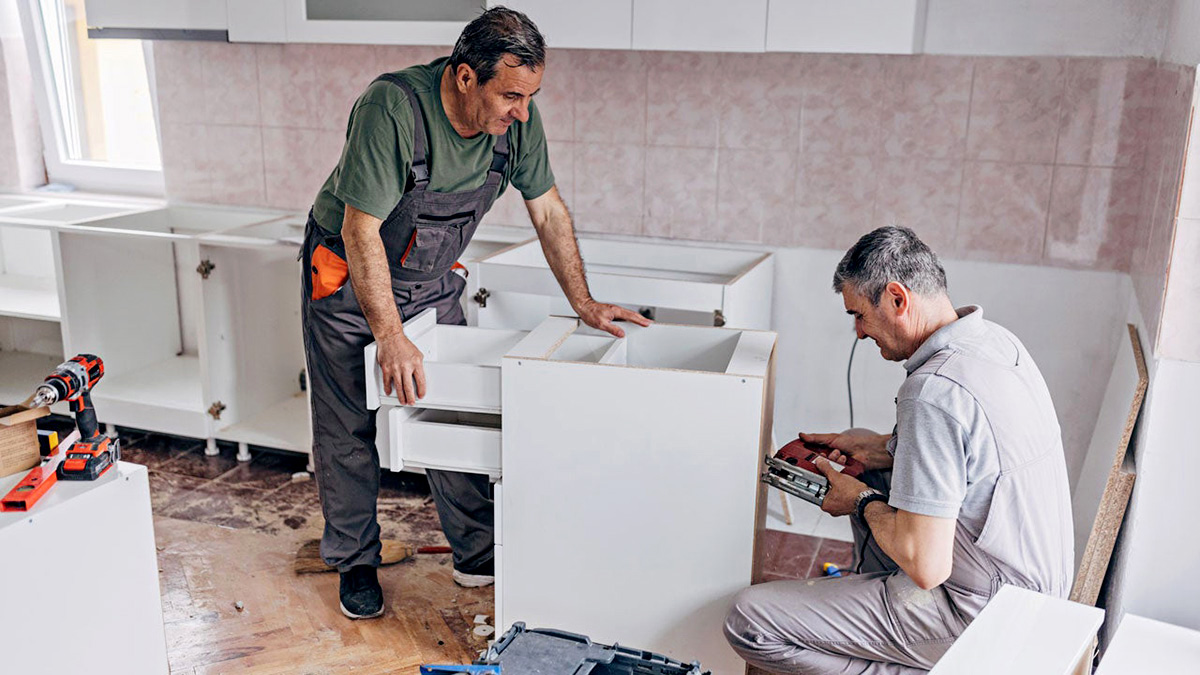

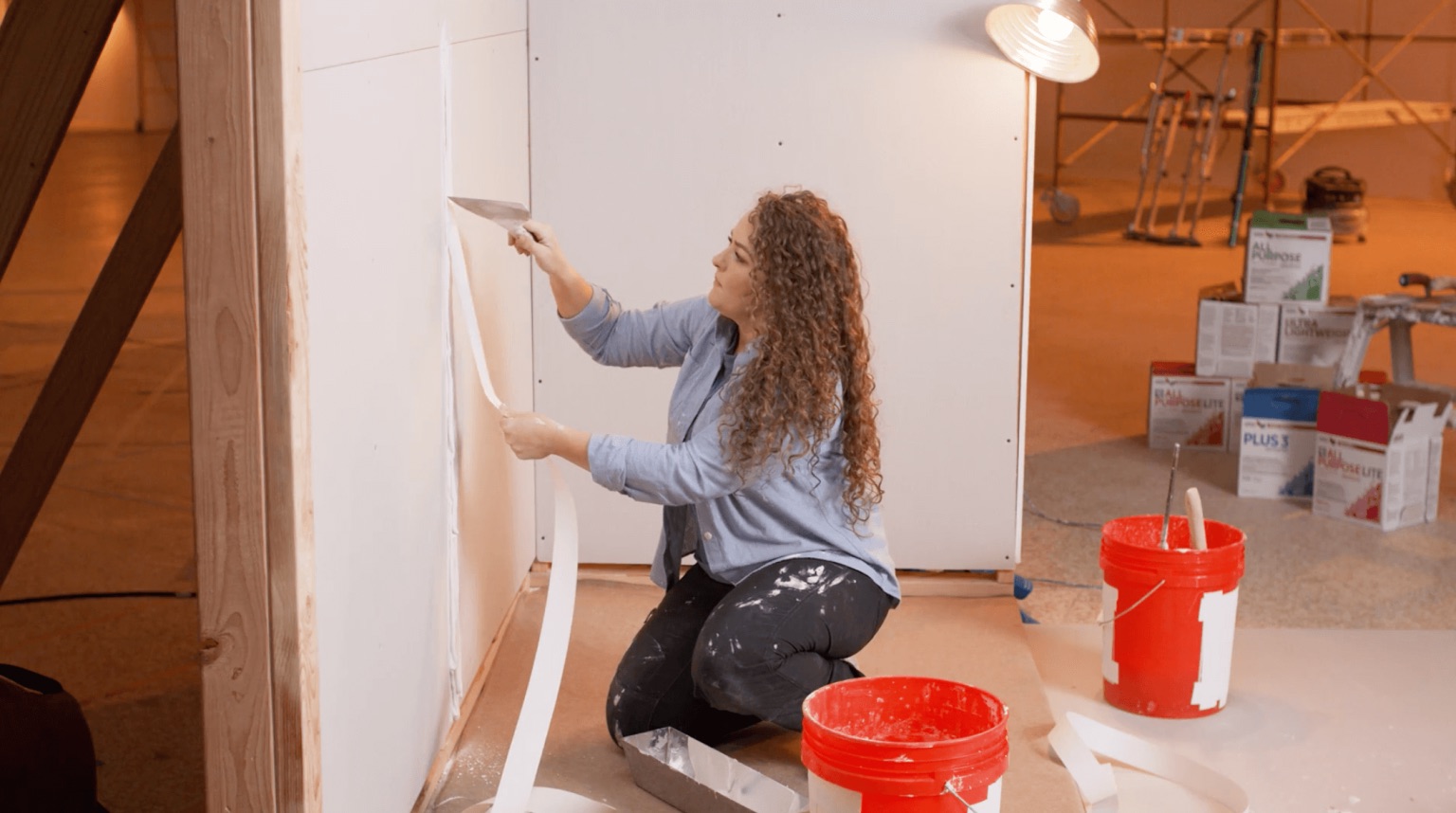
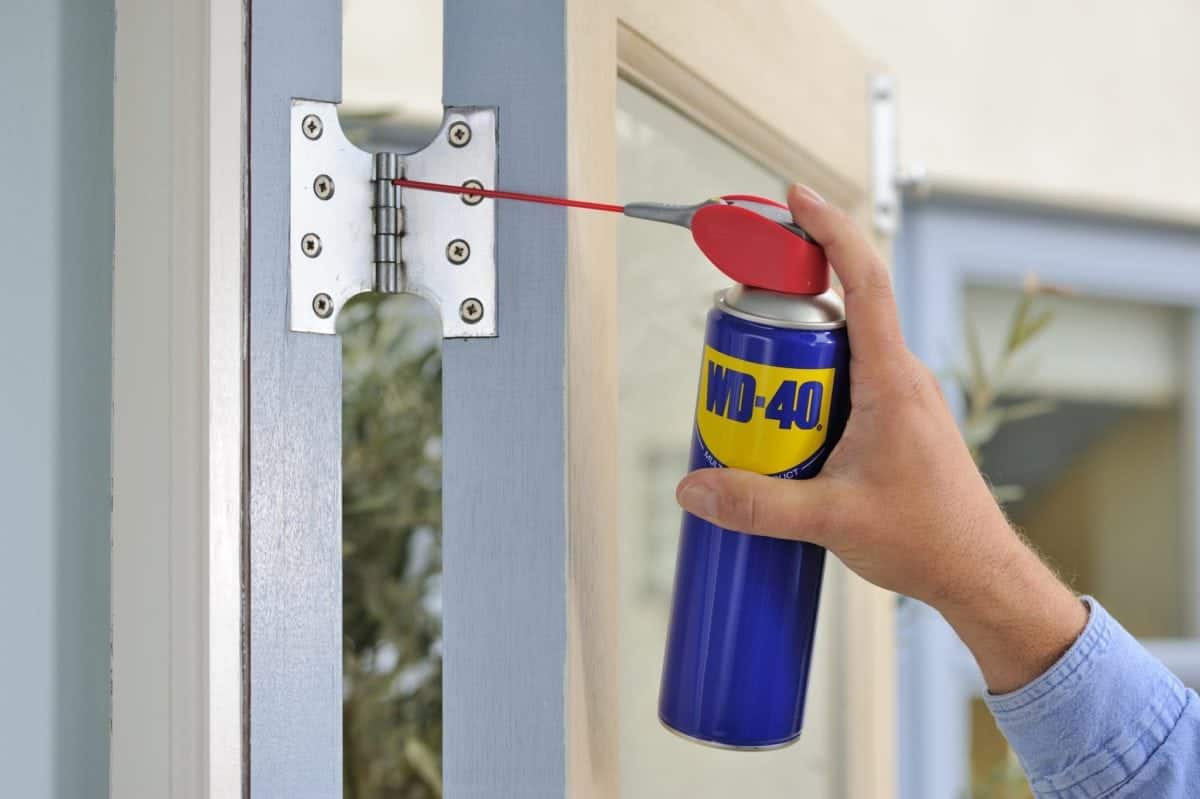
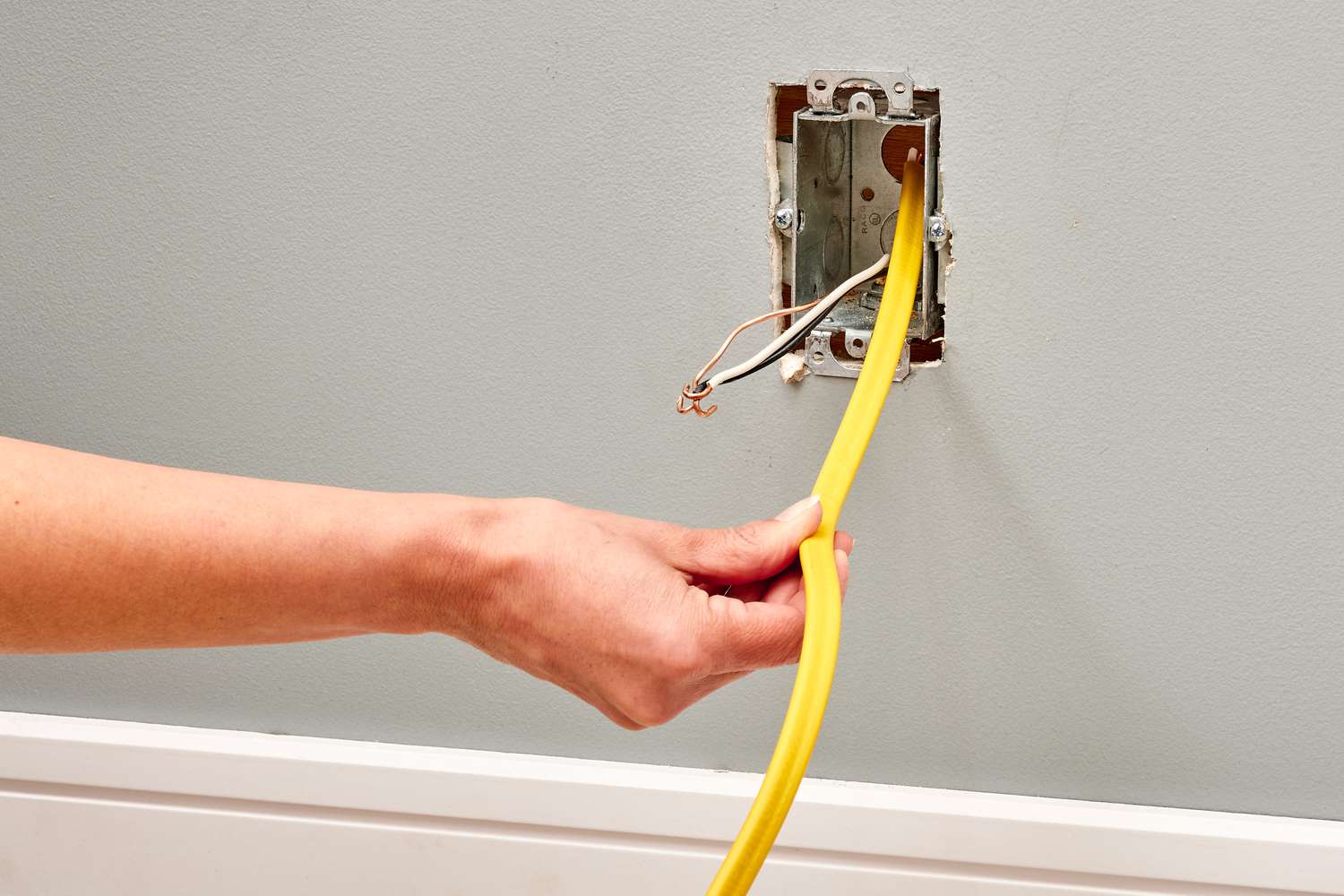
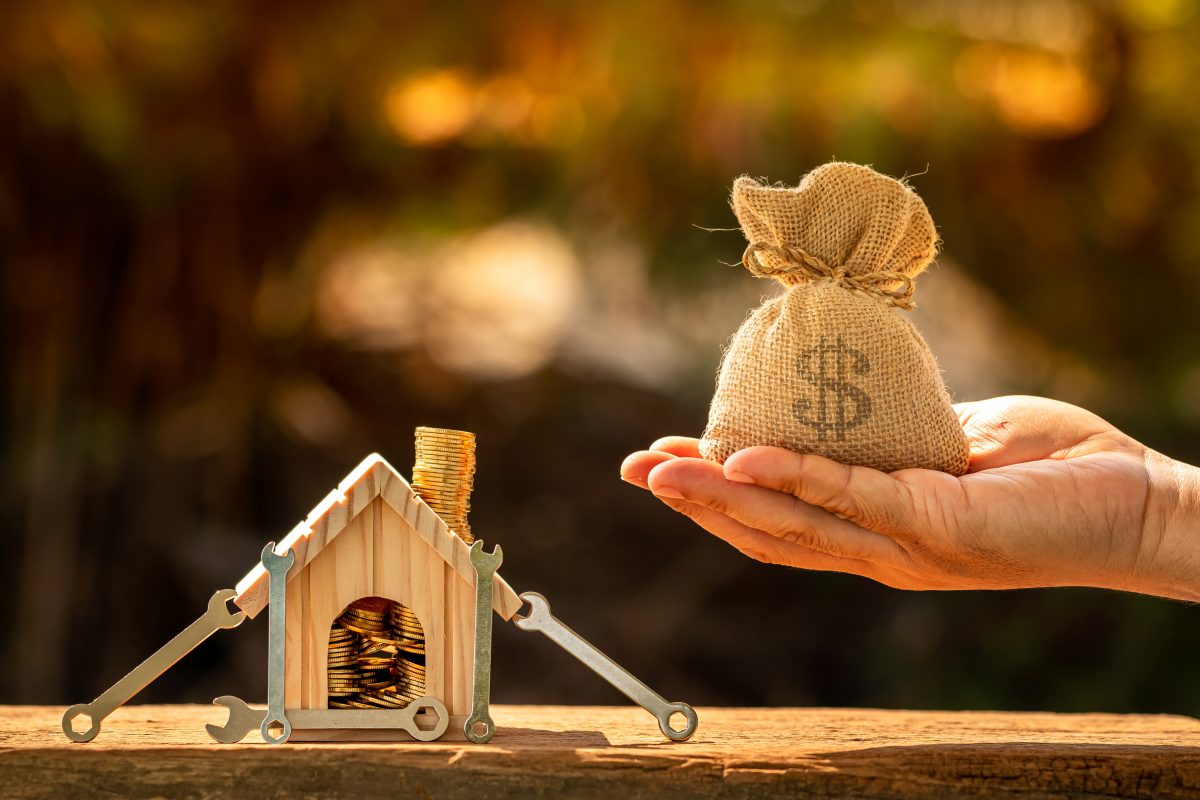
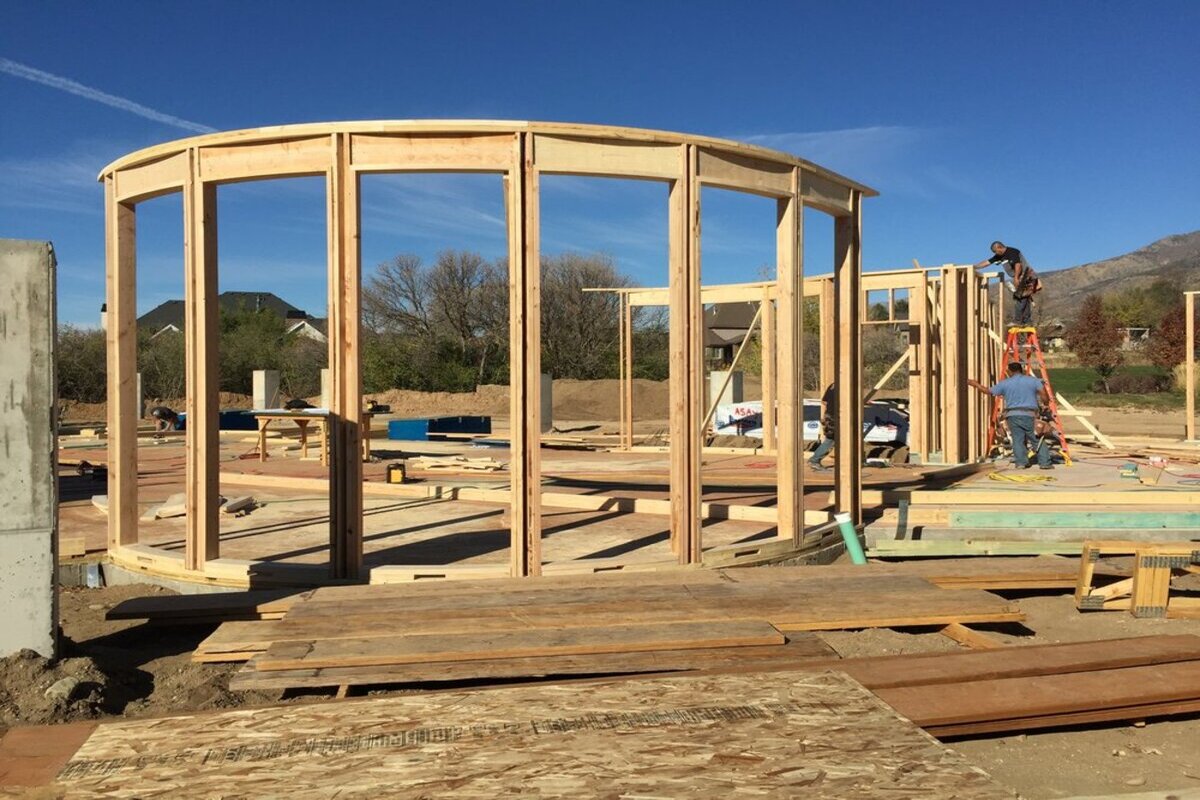
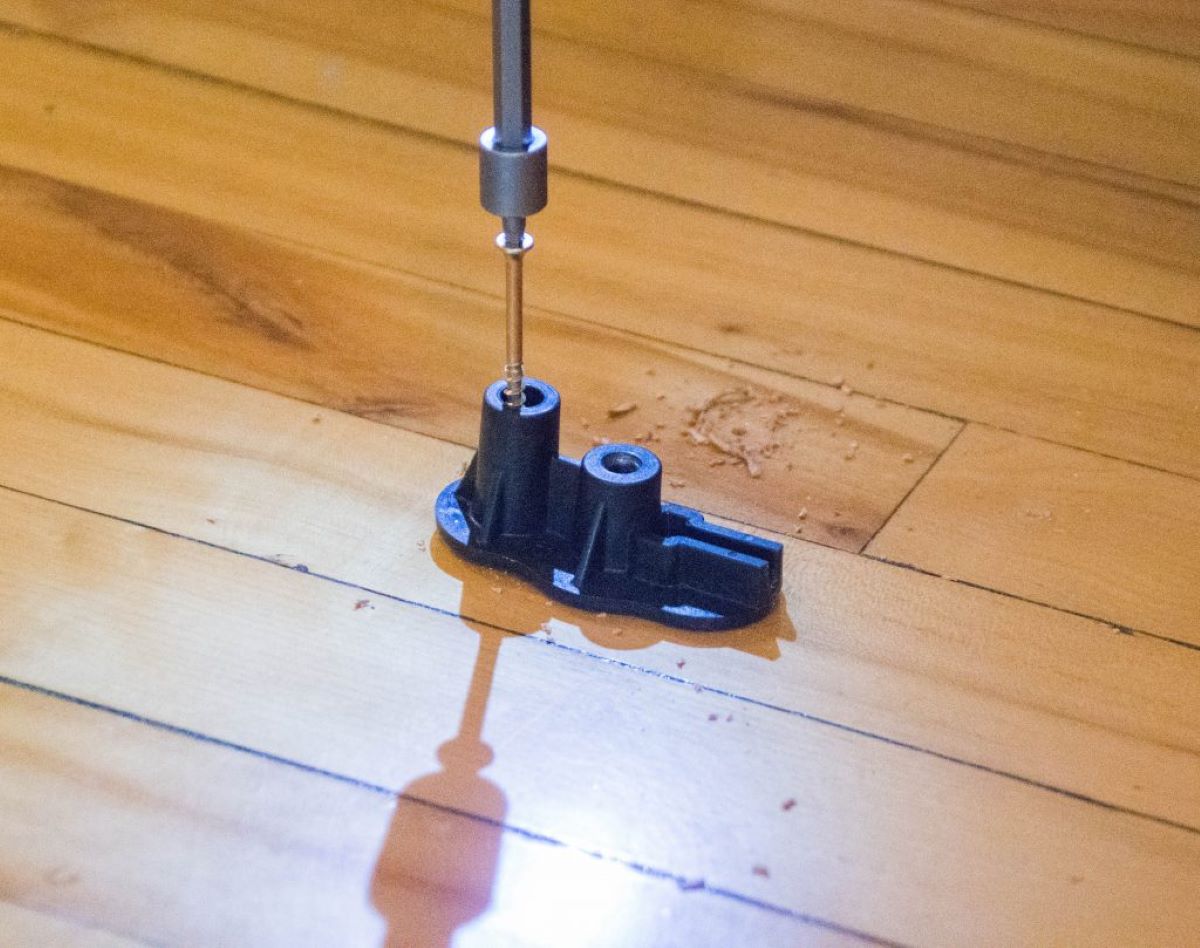
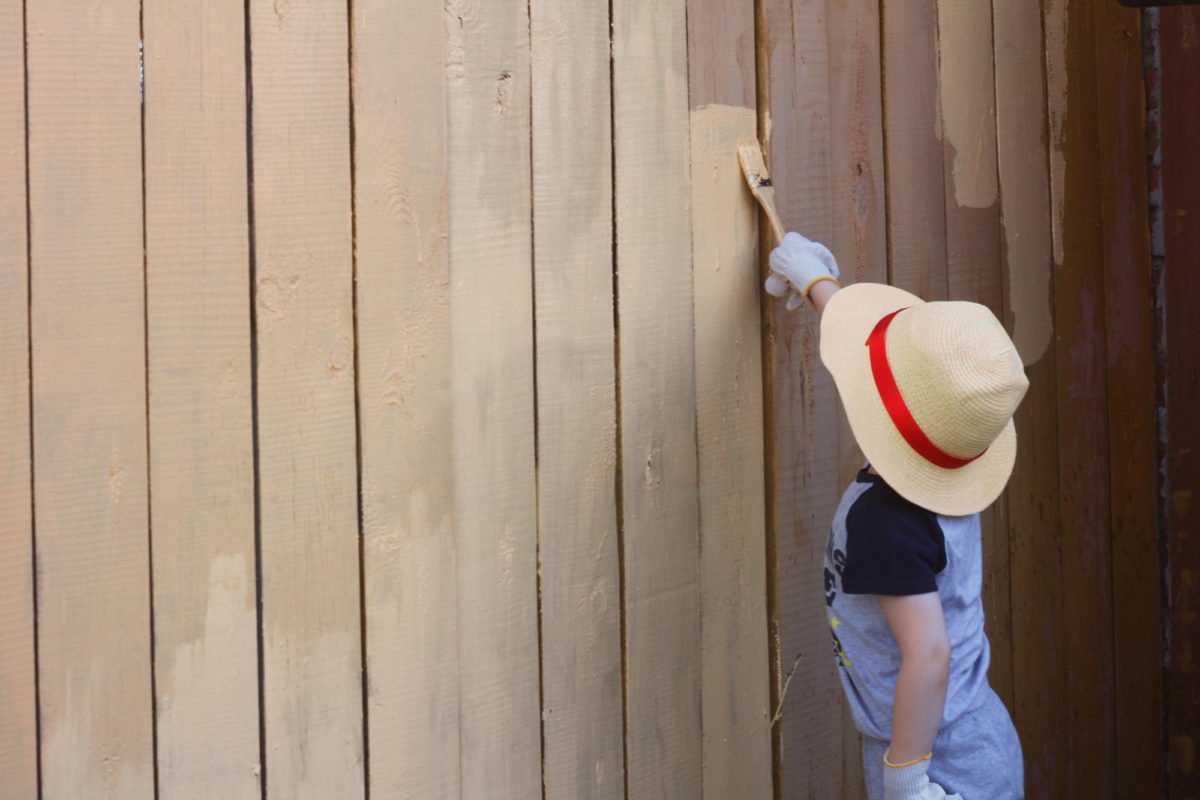

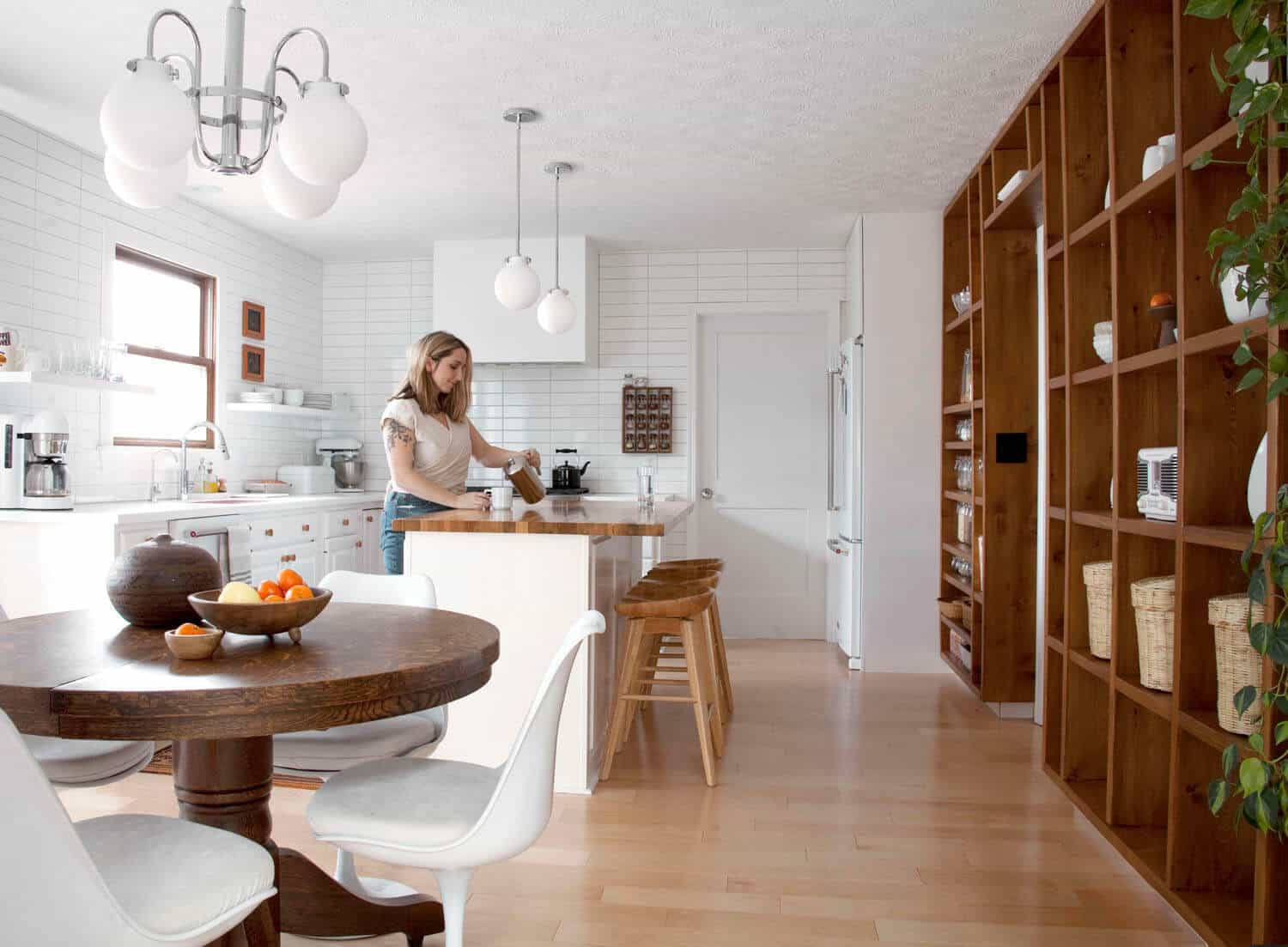
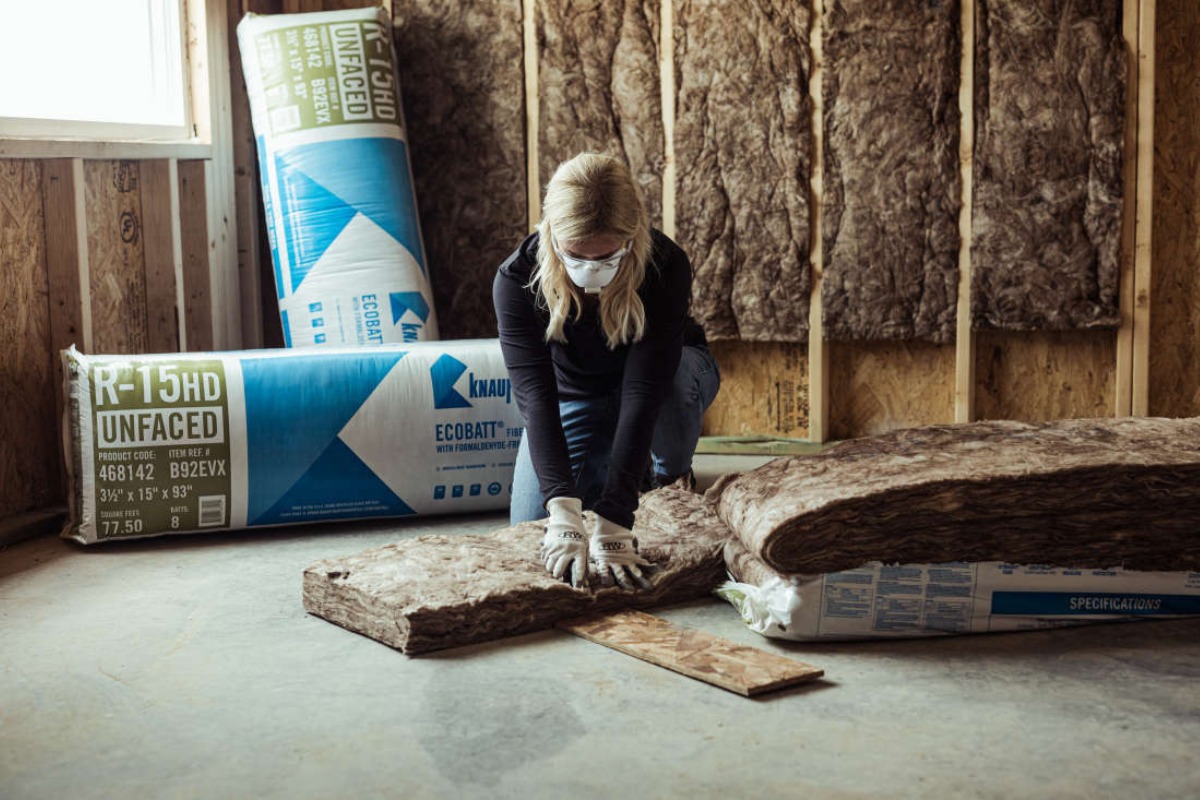
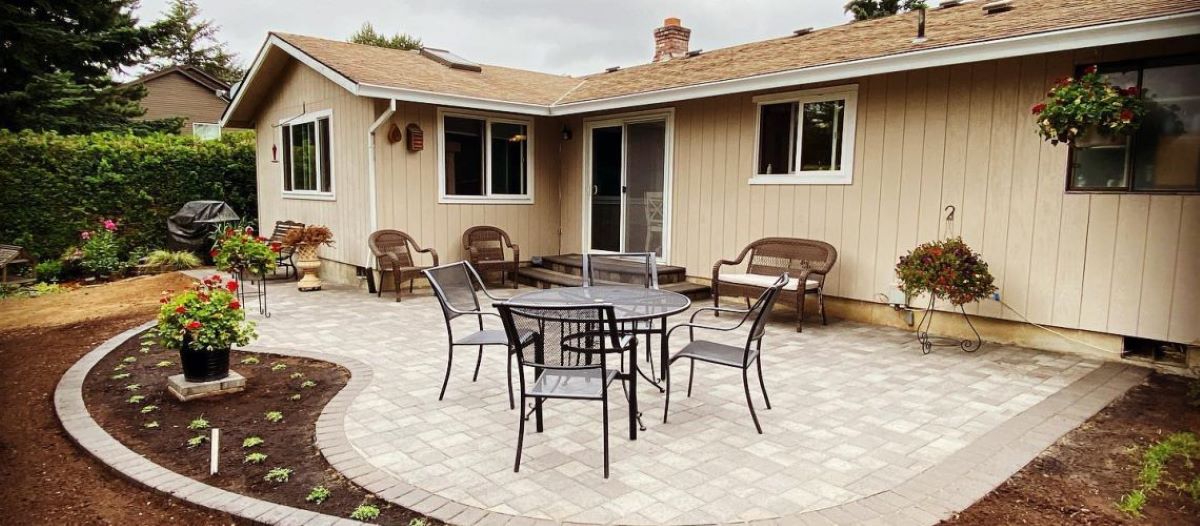

0 thoughts on “How To Estimate Home Value After Renovation”